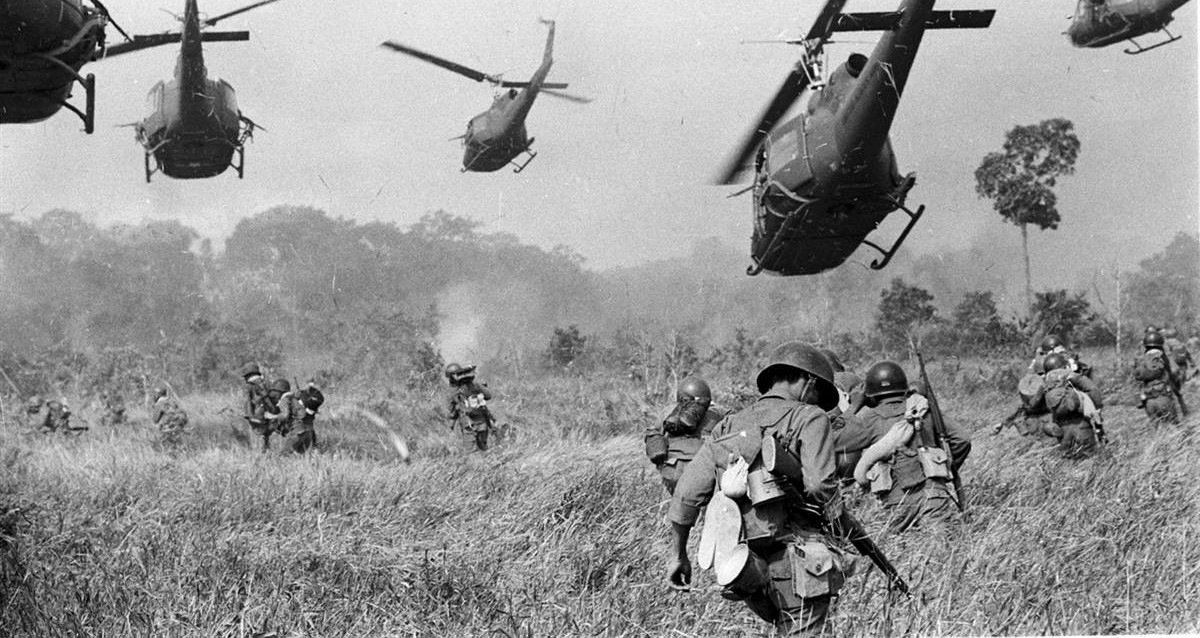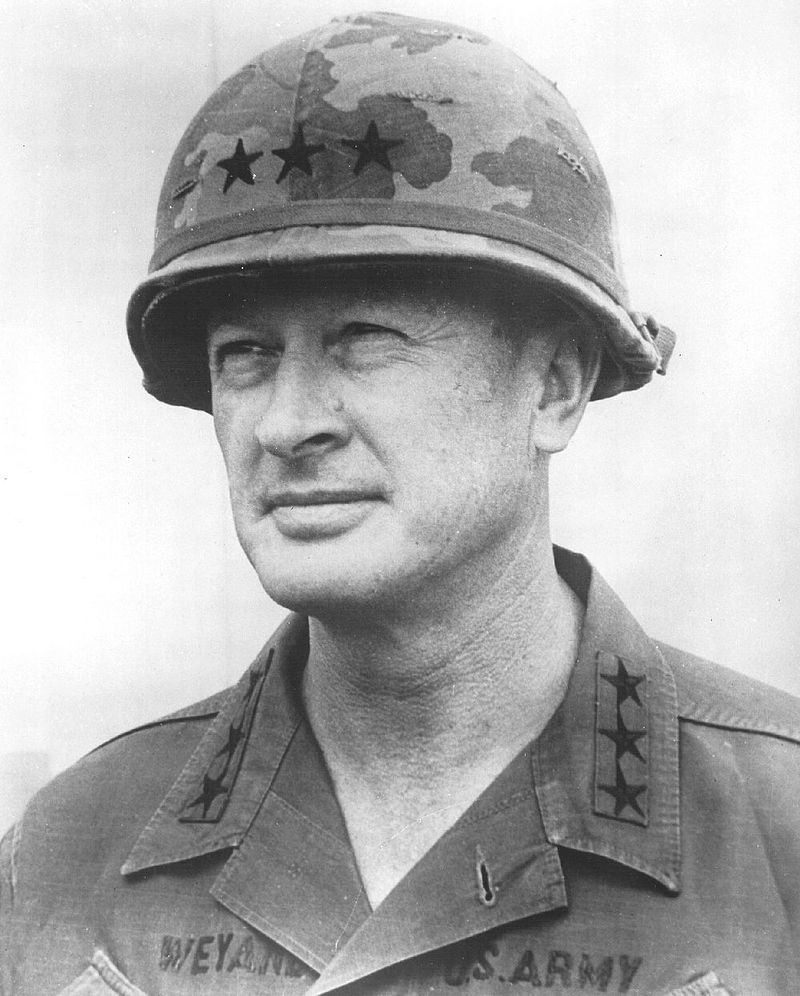
Legacies of the Vietnam War
What Lessons Should the United States Have Taken from the Vietnam War?
Who would have imagined in 1975, when North Vietnam conquered South Vietnam, that forty years later American tourists would regularly visit Vietnam or that many products that Americans consume would be manufactured in Vietnam?
History often moves in unexpected, even shocking, directions. That was certainly the case with Vietnam.
North Vietnam’s defeat of South Vietnam was immediate followed by many horrors. These included the executions of an indeterminate number of former U.S. allies; the forced removal of many former supporters of the South Vietnamese government to reeducation camps; the collectivization of agriculture in the former South Vietnam; and the flight of hundreds of thousands Vietnamese on foot or on crude rafts in a desperate bid to flee the new, repressive regime.
Then, in a stunning development, Vietnam, like many Communist countries, began to embrace economic reforms and opened itself to the West in the 1980s and 1990s. The result in Vietnam was an extraordinary expansion of trade and tourism and a gradual reconciliation with its former wartime adversary.
Had a modern-day Rip Van Winkle fallen asleep in 1960 and awoken half a century later, he might not have believed, at least at first, that Vietnam and the United States had fought a bitterly divisive and prolonged war that had resulted in millions of casualties. Only gradually would this latter-day Rip Van Winkel become aware of the relics of that war: unexploded ordinance, older individuals who had been scarred or disabled during the conflict, bullets and bomb fragments, land scarred by defoliants, and many artifacts of the U.S. presence.
Nevertheless, the Vietnam War left many legacies. In the United States, these included not only the loss of lives and the presence of large numbers of former soldiers suffering from war wounds or post-traumatic stress disorder, but a loss of faith in the nation’s political leadership; a politically polarized electorate; a surge in drug usage, both among troops and among civilians; and mounting violence within American society. It also contributed to a split within the Democratic party; declining support for liberal policies; and severe damage to the nation’s international reputation.
The war’s policy legacies include:
— The shift away from a military consisting of large numbers of draftees to a professional, volunteer military.
— Reduction of the voting age to 18, based on the principle that those who are old enough to fight are old enough to vote.
— Enactment of the War Powers Act of 1973, requiring a president to receive explicit Congressional approval whenever American forces are in combat for more than 90 days.
— Restrictions on news coverage of combat, out of a belief that unrestricted coverage of the Vietnam undercut civilian morale .
More than four decades after the end of the Vietnam War, Americans continue to debate whether the war was a noble cause or an awful mistake, and whether the war was winnable.
Yet for all the ongoing disagreements, there are certain lessons that might be drawn from the war. For example, policy makers should have learned:
1. The importance of honesty: American leaders — from President Kennedy to President Johnson and President Nixon — had serious private reservations about the U.S. commitment in South Vietnam, even as their public statements promised success. The lack of honesty led the public to feel misled and betrayed when the assurances of success proved false.
2. The dangers of overconfidence and ignorance: American policymakers tended to assume that American superiority in technology and arms would translate into victory. But knowing little about Vietnam’s long history of resistance to outside powers, they failed to appreciate the willingness of the Viet Cong and North Vietnamese to accept levels of casualties that the American people would not sustain.
3. The need to maintain Congressional and public support: The ability to wage war requires buy-in from Congress and the public; but their patience can quickly wear thin and their support is easily lost.
4. Accurately assessing the situation on the ground: It is essential that the government that the United States is assisting enjoys widespread support among its own people: Without broad-based support, U.S. military efforts are very likely to be in vain.
5. Wars require a diplomatic solution: A political solution to a conflict is imperative if a sustained peace is to be obtained.

For military leaders, there are other essential lessons:
1, Know your limitations: The U.S. military’s strength lies in waging war. It is not an effective instrument for nation building.
2. Have a well defined plan of action: Have clear goals, invest sufficient resources, and have an exit strategy when the goals are met.
3. Secure the trust of local population: Excessive military force can be counter-productive in this effort. When liberators or benefactors become occupiers, relationships change markedly. It is important not to be perceived as a colonial or occupying power, especially in countries that have had experience being colonized or occupied.
4. Recognize that troop morale is fragile: Maintaining the morale of the forces is essential. The soldiers must not only understand their mission, but believe in it, trust their commanders, and feel confident in their ability to succeed. Especially toward the end of the Vietnam War, troop morale began to break down.
Then, there are lessons for the public:
1. Wars are tragic: Even the most just wars are tragic, causing casualties on all sides and displacing civilian populations. Prolonged wars are especially likely to produce atrocities. Therefore it is essential to weigh the costs of a military conflict before entering into war..
2. Wars are easier to start than to end: Once embroiled in a war, it is often extremely difficult to extricate oneself from the conflict.
3. Technological superiority offers no guarantees of victory: A military victory depends not only on superiority of arms, but upon morale, leadership, public support, and facts on the ground.
4. Don’t assume that government-sanctioned wars are necessarily just or wise: In a democratic society, the public is ultimately responsible for its government’s decisions. Thus, the public must decide the wisdom of a particular course of action, whether it is military or diplomatic.